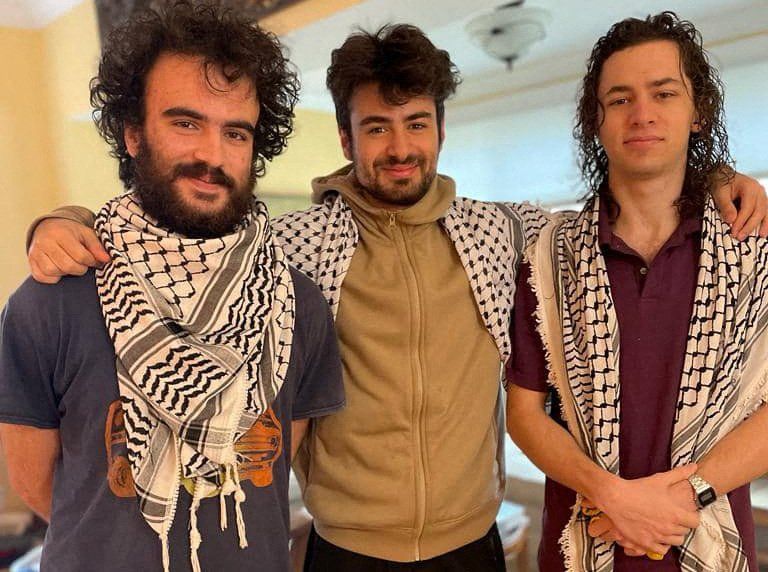3: Authorities in the US state of Vermont
arrested a suspect in the shooting of three Palestinian students in the city of Burlington over the Thanksgiving holiday. The victims, who survived the attack, are all studying at elite colleges in the Northeast and were visiting the home of one of their relatives for the holiday. They were reportedly conversing among themselves in Arabic and wearing
keffiyehs (the traditional black and white Palestinian scarf) when a 48-year-old man approached them and opened fire without a word. The incident comes amid
surging anti-Muslim and antisemitic hate crimes stoked in part by the conflict in Gaza.
24,000: Over the past year, 24,000 Chinese migrants have been apprehended while crossing into the US from Mexico, more than were detained in the entire preceding decade. Many say they’re fleeing Communist Party political repression and have braved perilous journeys through Latin America, including the deadly Darién Gap, to get to the US border.
1,714: Meanwhile, back in China itself, the government has disfigured or torn down at least 1,714 mosques over the past five years, as part of a nationwide campaign by the Communist Party to suppress Islamic religious symbols and iconography. Satellite data gathered in an exclusive FT interactive shows how authorities have replaced traditional Islamic architectural features with more “Chinese” looking ones. The campaign of erasure reaches well beyond Xinjiang, the northwestern region where human rights abuses against the local Muslim population have been widely documented for years.
2 million: An unusually severe storm in the Black Sea has knocked out power to nearly 2 million people in Southern Russia and parts of Ukraine that are occupied by Russia. The storm, which slung 25-foot waves at the Black Sea coastline, killed at least four people and forced authorities to stop loading oil tankers at the Novorossiysk port, one of Russia’s busiest oil export hubs.
